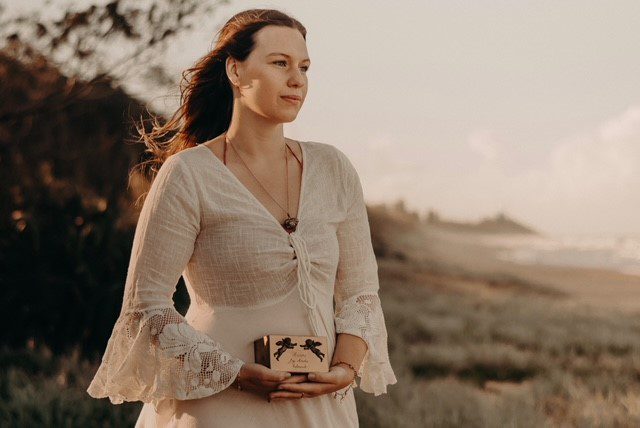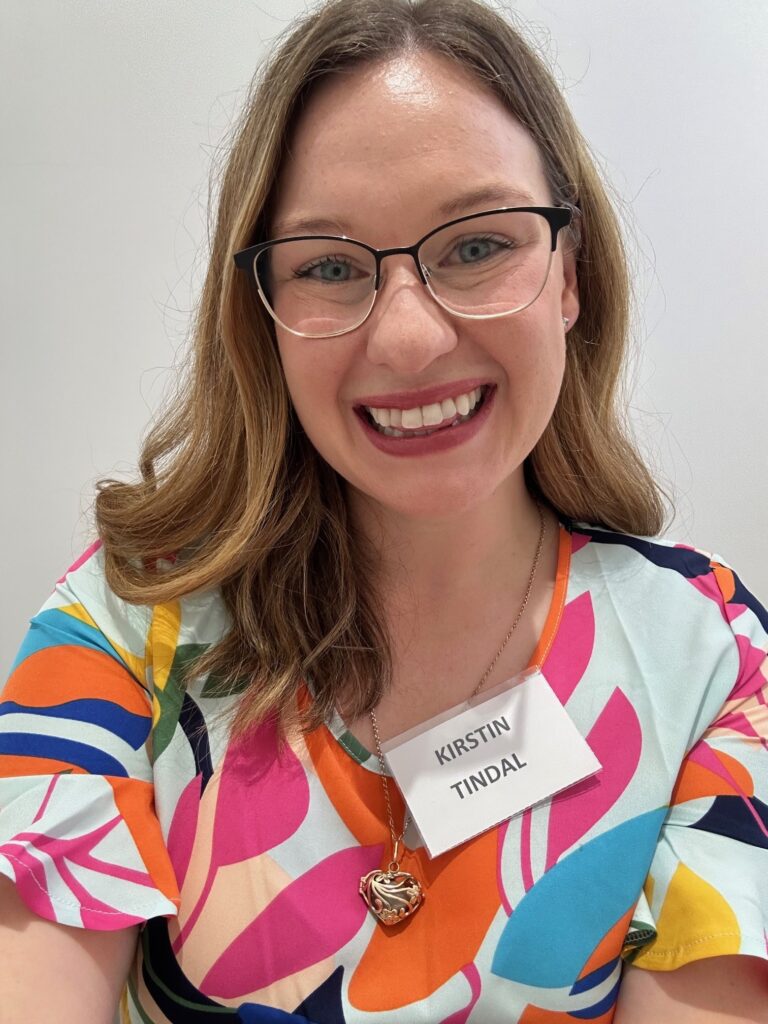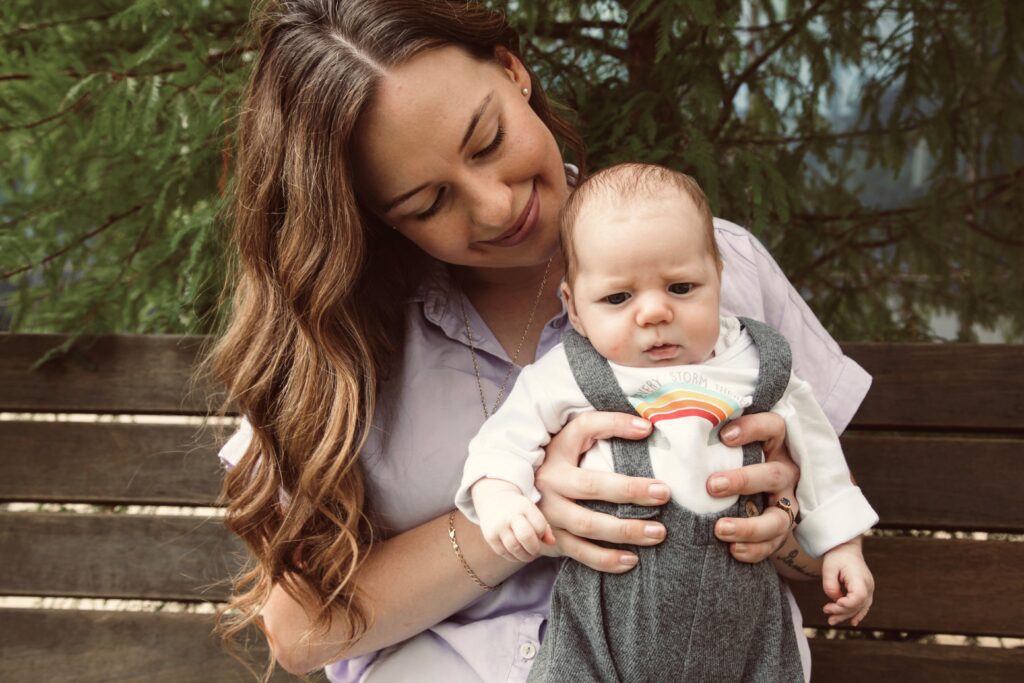About Us
Researchers + Clinicians
Parents

Kirstin Tindal started work at the Stillbirth CRE one year ago as a Senior Research Assistant. Since then, Kirstin’s role has seen her take on various responsibilities – from serving as the dedicated Parent Engagement Officer to spearheading the research priority setting exercise which brought together researchers, healthcare professionals and bereaved parents from across Australia, to provide invaluable insights into stillbirth research.
Kirstin holds a Bachelor of Science with a major in genetics. Amidst her journey she also worked as a travel agent for some time. Kirstin and her partner have embarked on many adventures, exploring various corners of the globe. “We’ve been to Borneo, Europe, did a six-month road trip to the US, Canada and Mexico, and three-month overland through many African nations,” said Kirstin.
During a gap year in 2013, Kirstin fell pregnant but sadly lost her baby girl Aurora at 22 weeks.

“It was not the gap year I had ever anticipated. I was 19 when I fell pregnant and 20 when I had Aurora. At about the 20-week mark, we found out something was wrong and before we even got down the proper path of investigations, she had already passed away,” Kirstin recalls.

This loss gave the young mum the drive to return to university, but she still felt lost in her academic pursuits. “It was difficult to figure out how to try and make a difference, but I just knew it would be something to do with helping families through pregnancy. At one point I thought I might be a genetic counsellor or an embryologist. I’ve come full circle to realise now that stillbirth research is really my passion,” said Kirstin.
With a fire in her belly, Kirstin ditched her stint as a travel agent to pursue her PhD. It was through her primary supervisor, Dr. Miranda Davies-Tuck, and another bereaved parent/researcher, Dr. Danielle Pollock, that she was connected with the impactful work of the Stillbirth CRE. “Miranda brought all her students along to the National Stillbirth forum during my first year. It was my first conference, and I was asked to speak from a parent perspective. That year I had begun collaborating with the CRE on Project Engage which is how I find myself working for Stillbirth CRE,” shared Kirstin.
The busy mum of 2 and a half-year-old Cameron is now co-leading Project Engage with Dr. Christine Andrews, a project that is dedicated to actively involving parents in research initiatives. “The next phase of the project is understanding how we can support researchers and healthcare professionals in co-designing research with bereaved parents. I think some researchers are potentially nervous or unsure of best practice to involve parents in research. We are trying to gather information and implement strategies to ensure that research partnership with bereaved parents is impactful and sustainable,” said Kirstin.


One of Kirstin’s proudest accomplishments to date is co-establishing the Bereaved Parent Advocacy committee, working alongside Stillbirth CRE colleagues and bereaved parent researchers. “The group was only established a few months ago, but I can see that it’s going to be something. I can feel the momentum turning into action already after a short time and I think that’s based off all the work we did with Project Engage in the last few years to get to this point of partnering with parents in research,” said Kirstin.
The 30-year-old researcher is also in the midst of completing a research paper on last year’s research priority setting. “The priority-setting project was an epic undertaking and pushed me out of my comfort zone, but I learnt so much and it’s something I’m really proud of,” said Kirstin.
Kirstin’s dynamic work schedule is matched only by her remarkable dedication to her PhD studies. Her PhD thesis focuses on menstrual characteristics and if we can use this information to gauge endometrial health and the potential risk of having an adverse pregnancy outcome such as stillbirth.
“Our initial survey, which was quite small numbers, found that there’s potentially a link between women who have an unusual amount of clotting in their periods and having a growth restricted baby which is associated with placental insufficiency. That’s something that I’m really keen to find out more about. Could the way a woman experiences her periods really have implications for her future pregnancies?” Said Kirstin.
Kirstin takes immense pride in being part of Stillbirth CRE and is committed to fostering further positive changes along the journey.
“I want to see stillbirth rates reduce and every pregnant woman receive respectful care. I still hear too many stories from parents who end up joining our Stillbirth Research Involvement Registry about their concerns being brushed off by healthcare professionals. I would like to see more parent-driven advocacy, supported by a national body like the CRE that can help bring strength to their voices.
Kirstin plans to stay in the research field for a very long time and her advice to budding researchers is to be proactive, resilient and never take ‘no’ for an answer.
“I feel really confident that I have something to give now and that I can pursue research. For a long time I didn’t have that confidence. I reached out a few times for volunteer opportunities, internships or any other way to get a foot in the door, but I was very passive about it, which is why it took me so long to take the leap and start a PhD.
“My advice for anyone wanting to get involved in research, either as a researcher or a bereaved parent, is to bang down the door. There are many ways to get involved that don’t follow the traditional academic path. And if someone turns you away, or if you don’t get a response, or the response that you want, try again,” said Kirstin.
For any enquires related to parent engagement, kindly reach out to Kirstin via email kirstin.tindal@mater.uq.edu.au

Level 3, Aubigny Place
Mater Research Institute
Raymond Terrace,
South Brisbane QLD 4101
The University of Queensland Faculty of Medicine